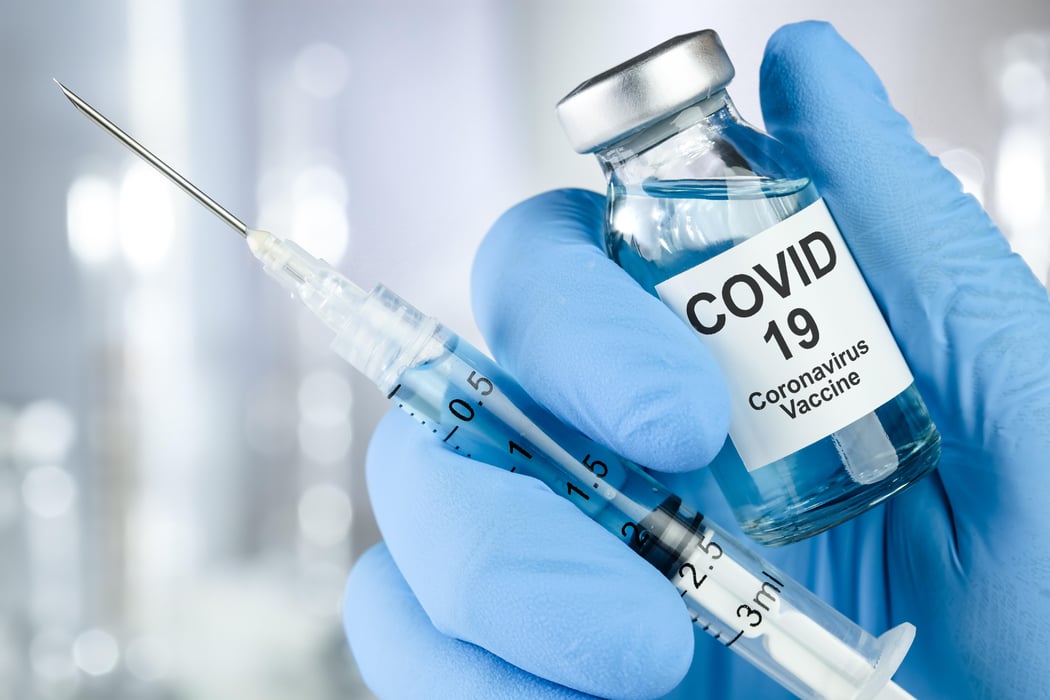COVID Vaccine Bonus: Lower Heart Attack Risk If You Get Infected

MONDAY, Feb. 20, 2023 (HealthDay News) -- A COVID-19 shot may protect a person from more than the virus alone, new research suggests.
Researchers from the Icahn School of Medicine at Mount Sinai in New York City linked vaccination with fewer heart attacks, strokes and other cardiovascular issues among people who later got COVID-19.
The investigators described their study as the first to examine both full and partial vaccination and the link to major adverse cardiac events (MACE) in the United States. It confirmed similar analyses done using the Korean COVID-19 registry.
For the study, the researchers used data from a national database of more than 1.9 million COVID-19 patients. Nearly 218,000 had received mRNA vaccines made by Pfizer-BioNTech or Moderna or viral vector technology from Johnson & Johnson.
“We sought to clarify the impact of previous vaccination on cardiovascular events among people who develop COVID-19 and found that, particularly among those with comorbidities, such as previous MACE, type 2 diabetes, high cholesterol, liver disease and obesity, there is an association with a lower risk of complications,” said senior study author Dr. Girish Nadkarni. He is a professor of medicine at the Icahn School and director of the Charles Bronfman Institute of Personalized Medicine.
“While we cannot attribute causality, it is supportive evidence that vaccination may have beneficial effects on a variety of post-COVID-19 complications,” Nadkarni said in a Mount Sinai news release.
The study findings were published Feb. 20 in the Journal of the American College of Cardiology.
The research is also scheduled for presentation in New Orleans on March 5 at a joint conference of the American College of Cardiology and World Heart Federation.
“To our surprise, even partial vaccination was associated with lower risk of adverse cardiovascular events,” said first study author Joy Jiang, an MD/PhD candidate in Nadkarni’s lab. “Given the magnitude of SARS-CoV-2 infection worldwide, we hope our findings could help improve vaccination rates, especially in individuals with coexisting conditions.”
More information
The U.S. Centers for Disease Control and Prevention has more on COVID-19 vaccination.
SOURCE: Mount Sinai School of Medicine, news release, Feb. 20, 2023
Related Posts
Less Than Two-Thirds of High-Risk Women Get Heart Screening After Having a Baby
WEDNESDAY, July 26, 2023 (HealthDay News) -- Many women are not being counseled...
Rate of In-Hospital Adverse Events Declined From 2010 to 2019
THURSDAY, July 28, 2022 (HealthDay News) -- There was a significant decrease...
Injuries From Fireworks on the Rise in the United States
FRIDAY, July 1, 2022 (HealthDay News) -- Fourth of July celebrations often...
Youth Reporting Discrimination Face Higher Risk for Subsequent Suicidal Ideation
MONDAY, Aug. 28, 2023 (HealthDay News) -- Self-reported experiences of...
